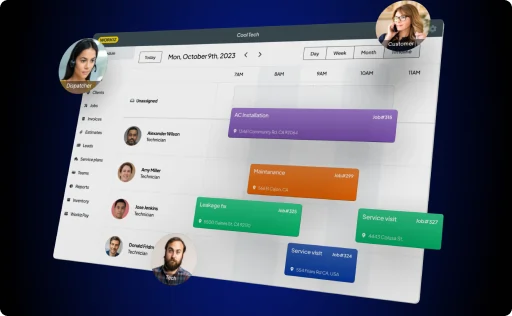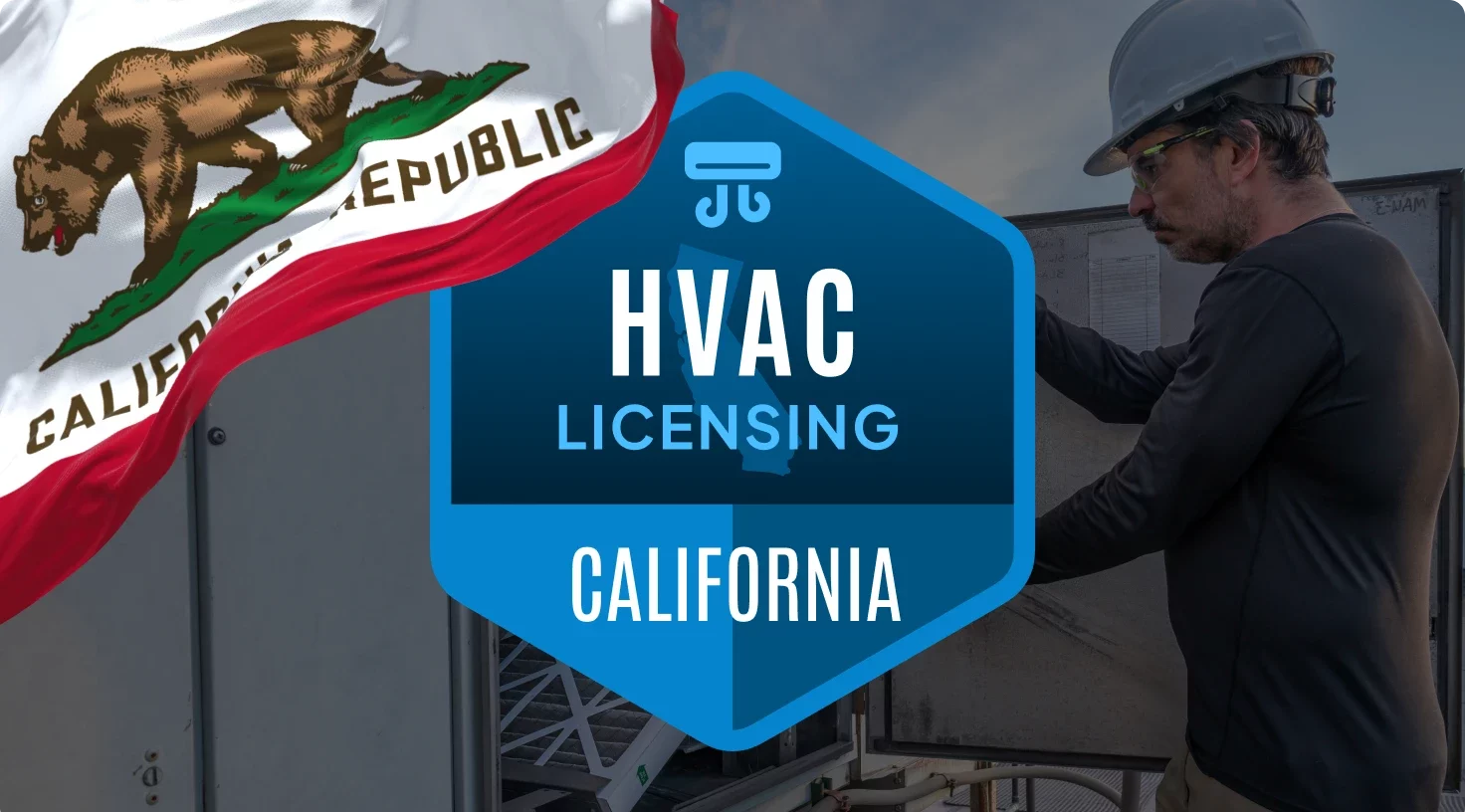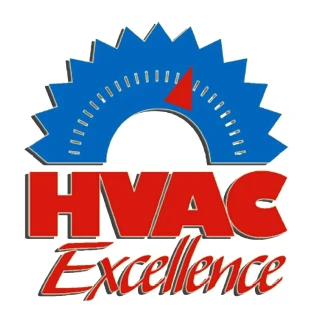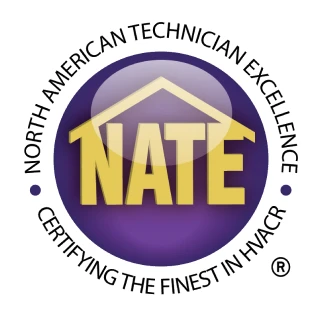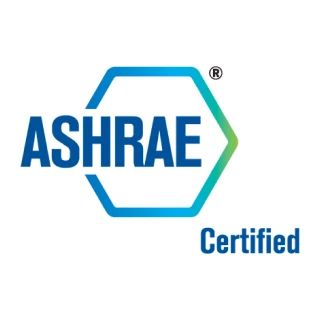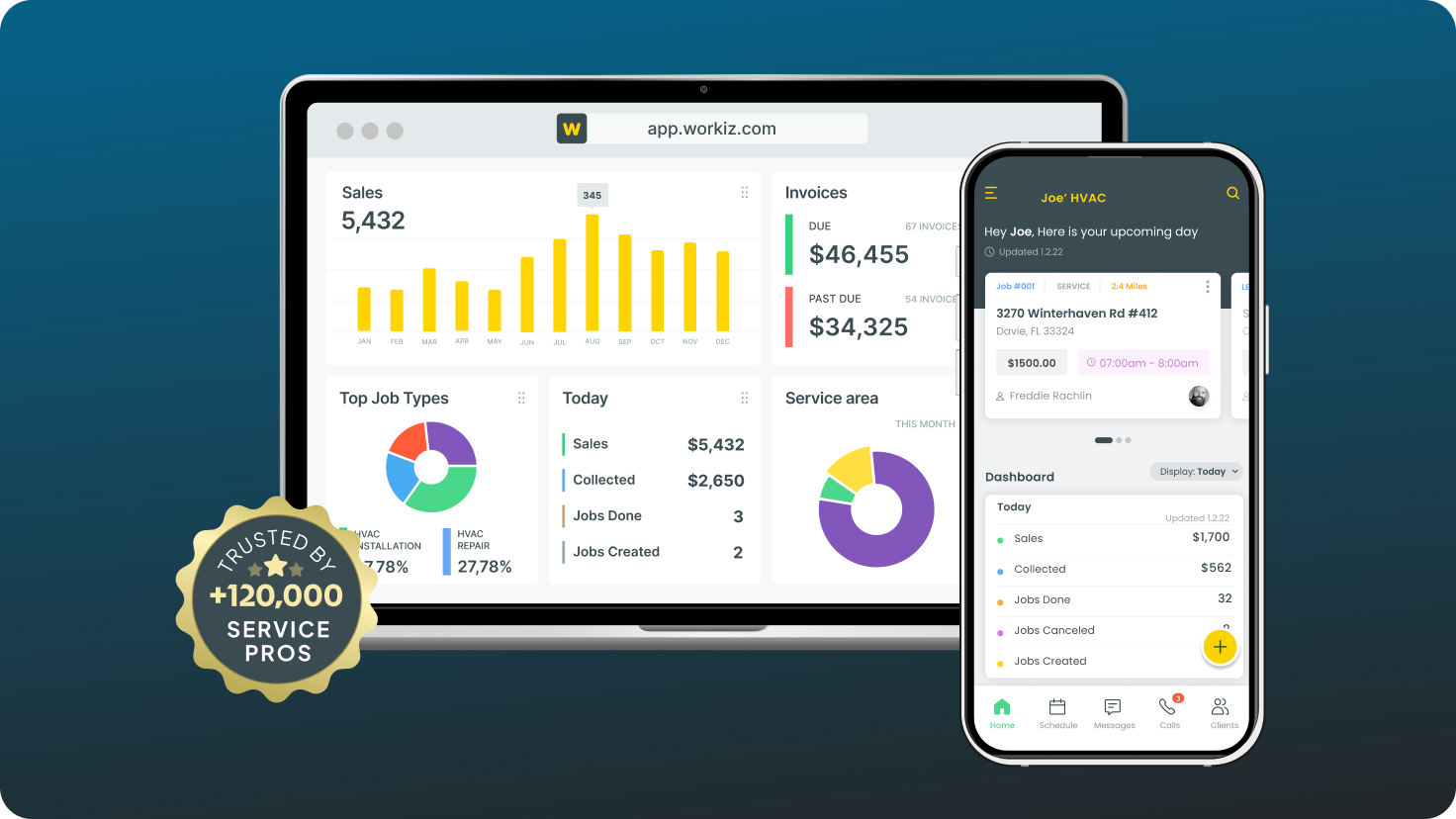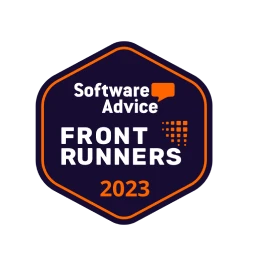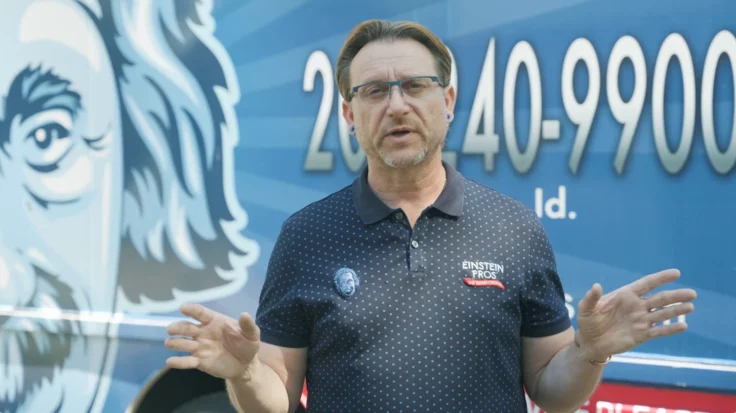Licensing requirements
While you don’t have to get your license right away to start working in HVAC in California, the state does require you to obtain a state-issued HVAC license or work under another licensed contractor if you want to legally perform work on air conditioning, heating, or refrigeration systems valued at more than $500 (including labor and materials).
HVAC licenses are issued by the California Contractors State License Board (CSLB) and are classified under Warm-Air Heating, Ventilating, and Air Conditioning Contractor (C-20). A C-20 contractor license will allow you to fabricate, install, service, repair, and maintain the following:
- Air conditioning systems
- Ventilating systems
- Warm-air heating systems
- Water heating pumps
- Ducts, flues, registers, humidity, and thermostatic control and air filters for any of these systems
HVAC contractors in California may also choose to get the C-4 license (hot water heaters, boilers, and steam fitting), C-38 license (refrigeration), and C-46 license (solar contractor).
Licenses must be renewed every two years and involve a license renewal fee of $450. Late renewals incur an additional fee of $225.
The CSLB offers free workshops on the first Friday of each month explaining how to get your contractor’s license.
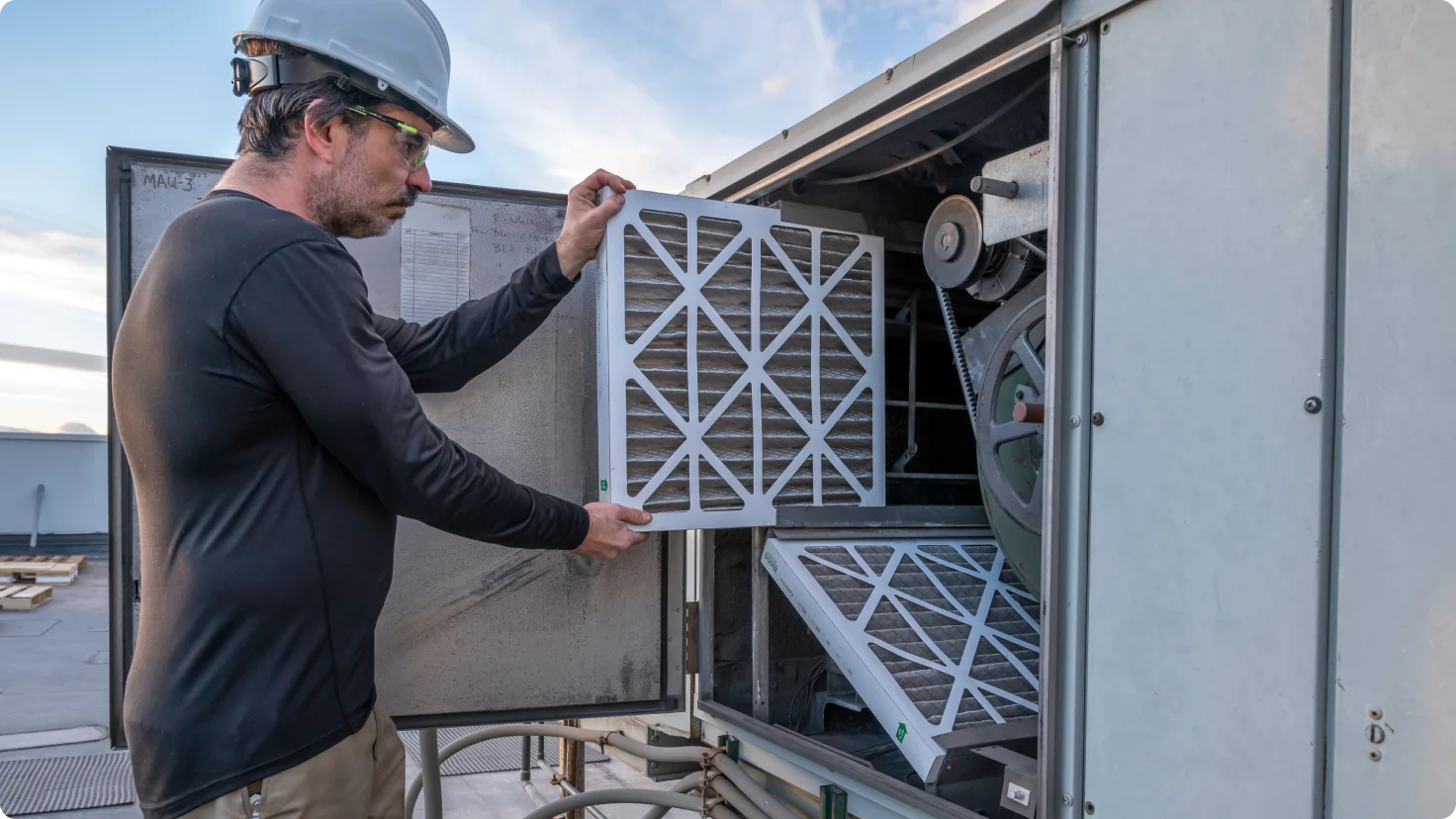
Becoming an HVAC professional in California
Here are the steps to follow on your HVAC career path in California:
- Be at least 18 years of age
- Have a social security number or ITIN (individual taxpayer identification number)
- Have at least four years of HVAC work experience within the last ten years, which can be as a foreperson, journeyman, or supervising employee. You’ll need a qualified individual to verify your experience.
- Attend a training program. Your education can count as three of your four required experience years.
- Pass the trade exam with a minimum score of 70%. The four-hour long exam consists of 100 multiple choice questions and covers evaluation, design, and estimation; fabrication, installation, and startup; troubleshooting, repair, and maintenance; and safety.
- Pass the law and business exam with a minimum score of 70%. The two-hour long exam consists of 50 multiple choice questions and covers business organization, business finances, employment requirements, bonds, insurance, and liens, contract requirements and execution, licensing requirements, safety, and public works.
- Pass an open-book asbestos exam
- Pass a background check, including fingerprinting
- Registers as an LLC and provide a contractor’s bond, which includes:
- A $15,000 bond on file with the CSLB
- A 12,500 qualifying individual’s bond for all qualifying contractors in your company
- An additional $100,000 employee bond on file with the CSLB for your workers
- Meet the insurance requirements, which can include workers’ compensation, general liability insurance, commercial property insurance, tools and equipment insurance, and more depending on your equipment and the nature of your HVAC business.
Submit your application online, by order form, or by mail. To apply by mail, send your application to:
Contractors State Licensing Board
P.O. Box 26000
Sacramento, CA 95826
A complete list of current application, exam, and licensing fees can be found on the CSLB website.
Additional certifications

California EPA 608 Certification
HVAC technicians who handle units that contain refrigerant must obtain EPA (Environmental Protection Agency) certification:
- Type I Certification – For the repair and installation of small appliances like vending machines, domestic refrigerators, and window AC units
- Type II Certification – For the repair, installation, and disposal of equipment and appliances that contain high-pressure refrigerant, like residential AC units, heat pumps, process refrigeration, and commercial refrigeration
- Type III Certification – For the repair, installation, and disposal of equipment and appliances that contain low-pressure refrigerant usually found in industrial equipment
- Universal Certification – For the repair, installation, and disposal of equipment of all kinds, no matter the refrigerant type
HVAC Excellence Certification
HVAC Excellence Certification focuses on experience gained by HVAC professionals over time.
- Professional Level HVAC Excellence Certification requires at least 2 years of experience and a successful score in a comprehensive exam on specialty subjects such as ventilation services and residential heat pumps.
- Master Specialist Level HVAC Excellence Certification requires at least 3 years of experience in addition to already having Professional Level Certification.
In California, accredited HVAC Excellence Certification programs can be found at:
- Mt. San Antonio College in Walnut
- Fresno City College
- El Camino College in Torrance
- Cypress College
- North American Heating & A/C Training Center in Redlands
- Brownson Technical School in Anaheim
NATE Certification
The North American Technician Excellence (NATE) certification is nationally recognized and is based on an exam. It is not required, but highly recommended for HVAC and refrigeration technicians. NATE certified technicians typically earn more than their non-certified peers and remain in the industry for longer.
ASHRAE Certification
Certification by the American Society of Heating, Refrigeration, and Air-Conditioning Engineers, while also not required, demonstrates that HVAC professionals have undergone specialized training to improve standards of air quality, energy efficiency, and sustainable development.
-
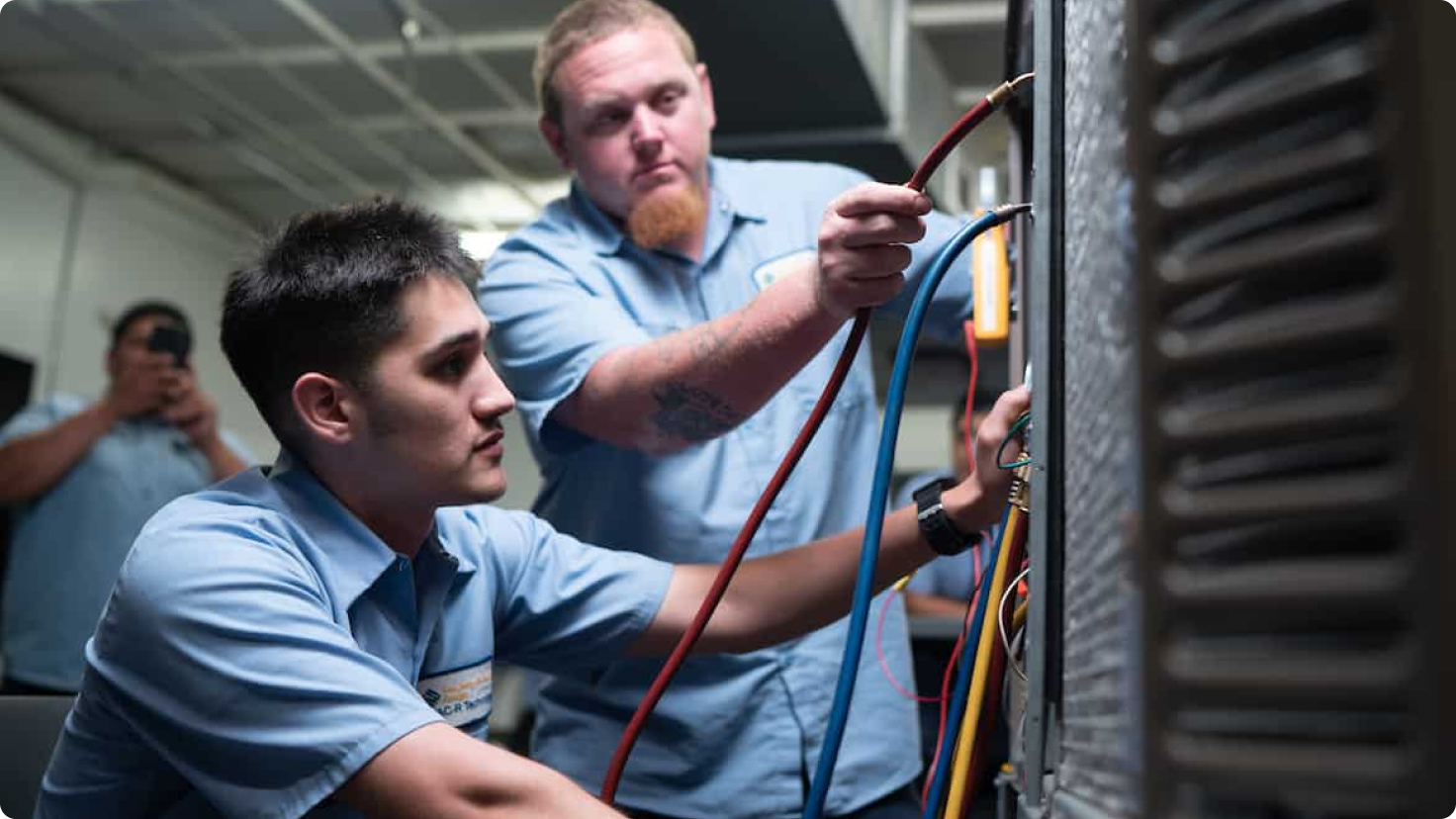
Antelope Valley College, Palmdale, CA
HVAC training programs and exam centers in California
HVAC training programs can be found at the following California colleges and institutes:
- Antelope Valley College, Palmdale, CA (661) 722-6300
- Brownson Technical School, Anaheim, CA (714) 774-9443
- City College of San Francisco, San Francisco, CA (415) 452-4729
- Cypress College, Cypress, CA (714) 484-7000
- Fresno City College, Fresno, CA (559) 442-8200
- Long Beach City College, Long Beach, CA (562) 938-3066
- Mayfield College, Cathedral City (760) 328-5554
- Riverside City College, Riverside, CA (951) 222-8000
- Sacramento City College, Sacramento (916) 558-2111
- San Diego City College, San Diego, CA (619) 388-3400
HVAC licensing exam centers are located in the following cities in California:
- Fresno
- Norwalk
- Oakland
- Oxnard
- Sacramento
- San Bernardino
- San Diego
- San Jose
Advantages of getting an HVAC license
Getting an HVAC license in California gives you the freedom to start your own HVAC business and earn a higher income. Here are some other benefits to getting your license:
- Learn valuable industry skills you can immediately apply on the job
- Gain the ability to bid on public and government projects, pull building permits, pass inspections, obtain commercial liability insurance and advertise your services
- Reassure customers of your professional abilities, earning you larger projects and higher-paying jobs
- Protect your customers and your company
- Further establish yourself in your career as an HVAC professional
FAQs
Here are some frequently asked questions about HVAC and the licensing process in California:
Is HVAC a good career in California?
Yes. There are several reasons a career in HVAC is a good idea in California:
- High demand – HVAC systems are essential for residential, industrial, and commercial properties. Skilled technicians are needed to install, repair, and maintain these systems. California residents face climate and weather fluctuations that make HVAC relevant all year round, and the state’s large population means there is a lot of work to go around.
- Stability – a career in HVAC offers job security and stability, as people will continue to need HVAC systems regardless of economic conditions or recession.
- Career growth – HVAC offers opportunities to advance in your career. You can eventually open your own HVAC business or even start a franchise. As systems become more advanced and require updating, the need for HVAC technicians with updated skills such as internet-connected HVAC devices or energy-efficient approaches will rise.
- Competitive salary – California-based HVAC professionals can earn competitive salaries. While factors like experience, specializations, certifications, and location can impact an HVAC technician’s earning potential, it is considered a well-paying field.
How long in take to become a licensed HVAC technician in California?
That depends on the educational program and on-the-job training you choose, but it takes at least 4-5 years.
Remember, you’ll need 4 years of experience, from working on the job or as an apprentice, or at an accredited trade school or college program. At least one of these four years must be completed in a workplace setting.
A qualified individual who has at least 4 years of experience and has passed the HVAC license exam requirements will need to verify your experience doing jobs valued at $500 or less.
You’ll need to pass the two required exams – the trade exam, and the law and business exam. First-time applicants must also pass an open-book exam on asbestos.
You’ll complete a state background check including fingerprinting. You’ll have to get workers’ compensation insurance and submit proof of coverage and a contractor’s bond.
Can I transfer my HVAC license from another state to California?
Arizona, Louisiana, and Nevada have contractor license reciprocity agreements with California.
If you have an HVAC license from one of these states, you’ll still have to take the law and business exam, but you may be exempt from the trade exam. Check the Reciprocal Classifications List for more information.
Does California issue penalties for doing HVAC work without a license?
Yes. Contractors who work on HVAC projects worth over $500 without a license face penalties, including a $5,000 fee, misdemeanor charges, up to 6 months of jail time, and administrative fees that range from $200 – $15,000.
Repeated violations can lead to a mandatory 90-day jail sentence and a fine of $5,000 or 20% of the contract price.
What are useful tools to use in my HVAC business?
As an HVAC professional, you’ll want a tailored tool that is easy to use while helping you maximize your business. Choose a tool that offers the following features:
- Job management capabilities so you can schedule appointments, assign tasks, and track job progress in an efficient manner.
- Payment management so you can send customers professional invoices and process payments digitally.
- GPS tracking so you can effectively optimize your routes.
- Communication tools to send customers seasonal reminders, upcoming appointment reminders, prompts for reviews, and more.
- Database tools to keep track of your customers and personalize your interactions with them for better service and greater satisfaction.
- Analytics tools to identify key metrics, such as job completion rates, customer feedback, ad spend, and more.
- Integration with other business tools such as QuickBooks, Sunbit payment plans, Google Calendar, Mailchimp, and more.
A field management software tool like Workiz offers all of the above, along with many more useful features, making it ideal for both new and seasoned HVAC professionals.
